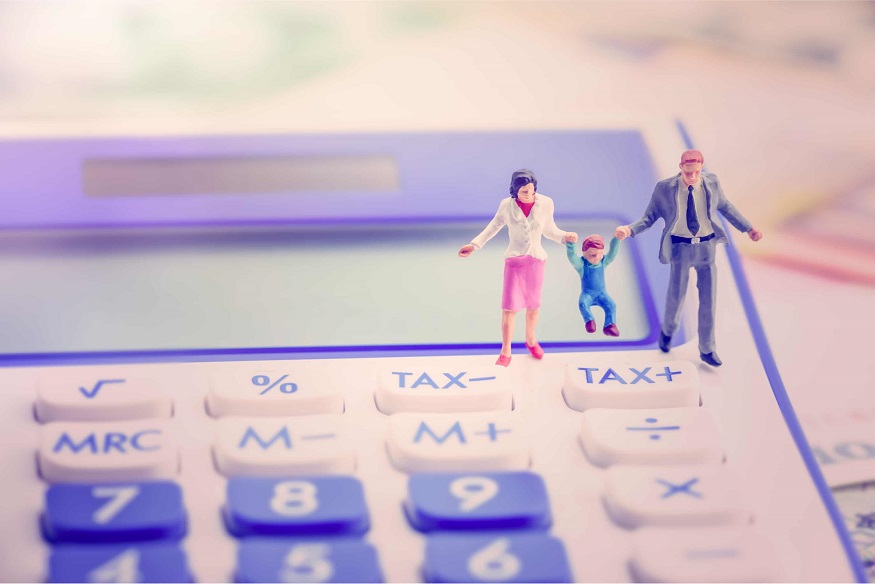
Every investor, irrespective of whether they are an amateur investor or an experienced one, looks for ways to reduce their tax liability. Read on to know more about tax planning for people from different age groups.
Tax planning is one of the critical aspects of personal financial planning. People often don’t objectively look at tax planning and invest in various instruments. Also, people tend to mix tax planning with investment planning, but both are different and serve a different purpose. If you are looking for the best tax-saving investment options, it is paramount that you first assess your risk-appetite, and know the percentage of debt and equity exposure you can have before taking the investment leap.
Since the risk appetite and liquidity needs may vary at different stages of your life, you must not make investment decisions based on the returns alone. You must also consider investing in various tax-saving instruments based on the age group you belong to.
20-30 years
This is the stage where you begin your career and your first exposure to the investment market. At this stage, most people tend to be excited about their salary and all the things they can buy with it. But you must realise the importance of tax planning in the early stage of life to ensure you have minimal liability later. Experts suggest that when you are in your 20’s you must opt for high-risk investments such as equity funds and other equity-related schemes that offer tax deductions under Section 80C of the Income Tax Act. Not only do these tax-saving investments help you reduce your tax liability but also have the potential to generate inflation-adjusted high returns in the long run.
30-40 years
This is a stage where you may receive a promotion at work, and your income would be higher than when you started your career. This is why it is important to take tax planning seriously. At this stage, you must begin planning for your long-term life goals and avail as much tax deduction as possible. For instance, you can avail tax deduction for your home loan under Section 80C, and the interest repayment can be claimed under Section 24B. Insurance is also another tax-saving tool, and it also helps provides financial security to your family.
40-50 years
At this stage, you may not want to take any risk and invest in high-risk instruments. Thus, if you want to save taxes while investing in instruments that have high returns potentials, you can invest in debt funds. Besides, ’40s and ’50s is the right age to start planning for your retirement and start investing in retirement plans. For instance, you can get a tax deduction by investing in the National Pension Scheme (NPS) under Section 80CCD.
50 years and above
When you are above 50, the retirement may be glaring at you, and it is paramount that you give serious thought to how you want to get a steady stream of income post-retirement. At this stage, you should invest in instruments that provide a steady stream of returns. As you attain the retirement age, fixed investment instruments like fixed deposits and senior citizens savings scheme would be an ideal investment option, and it provides decent returns and tax benefits too.
At different stages of life, the financials goals, as well as the responsibilities, change. Consequently, it would help if you plan your investments well so that you accomplish your goals. The key to enjoying tax benefits while earning good returns is making an informed investment decision. Make sure that you do your research well about different investment instruments and choose the one that best suits your interest and needs.



